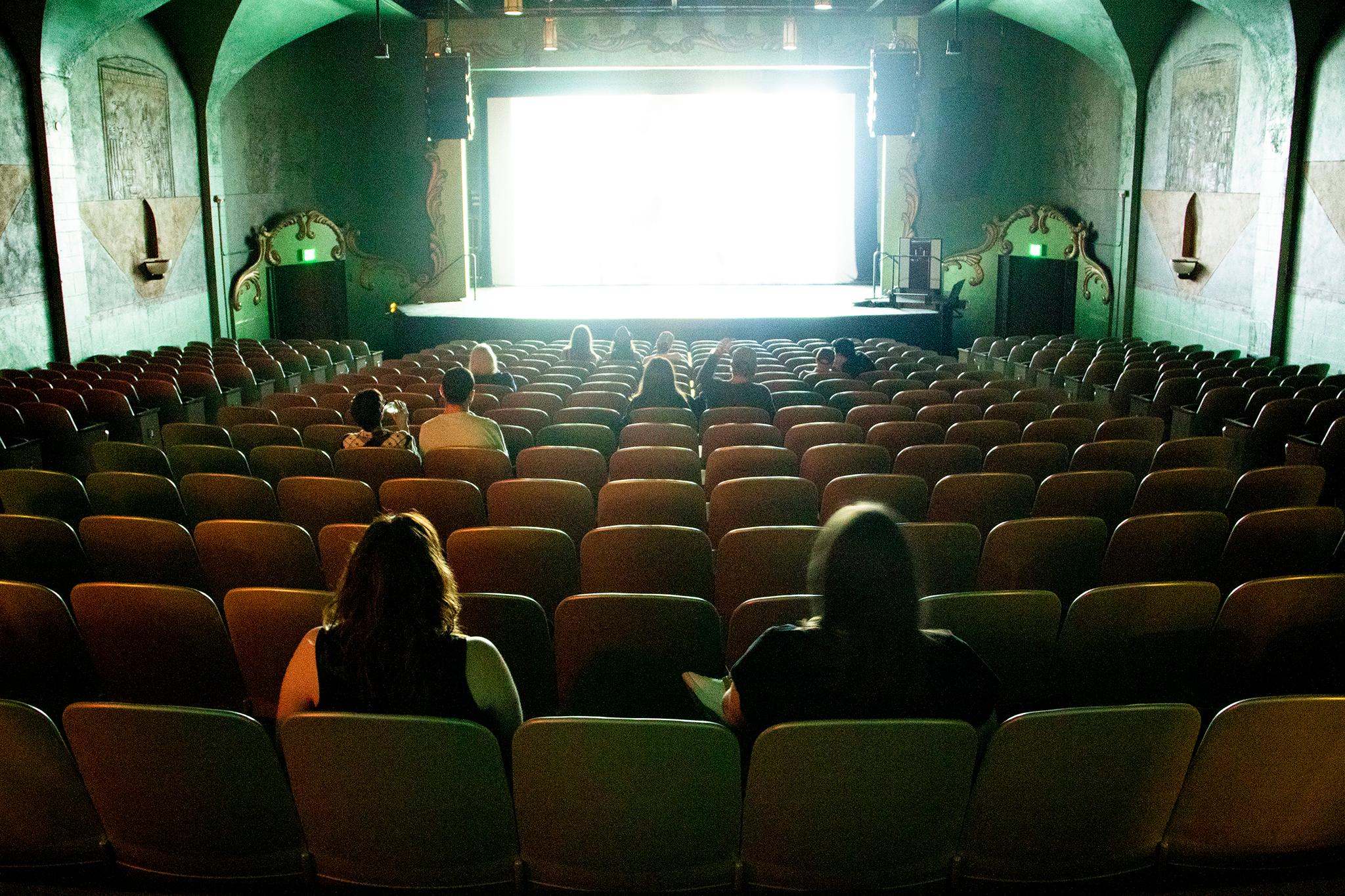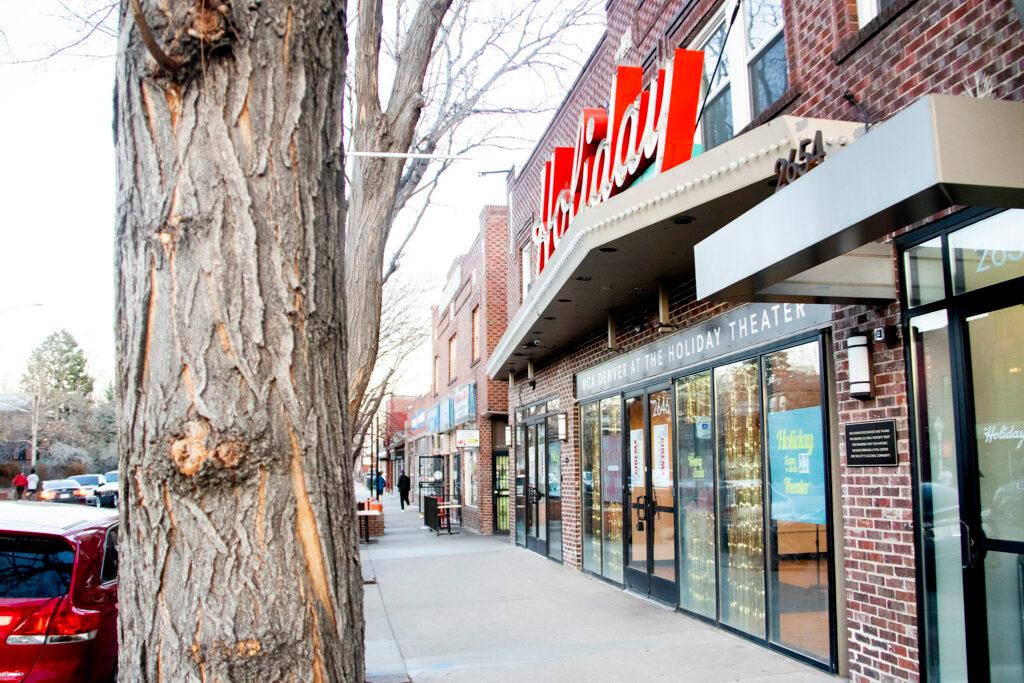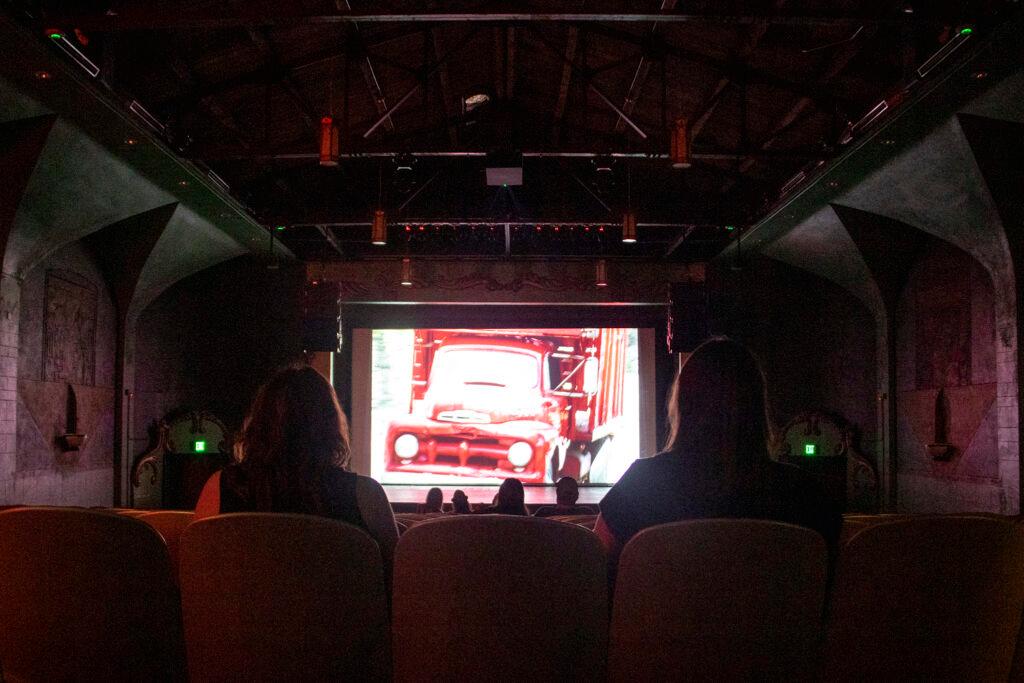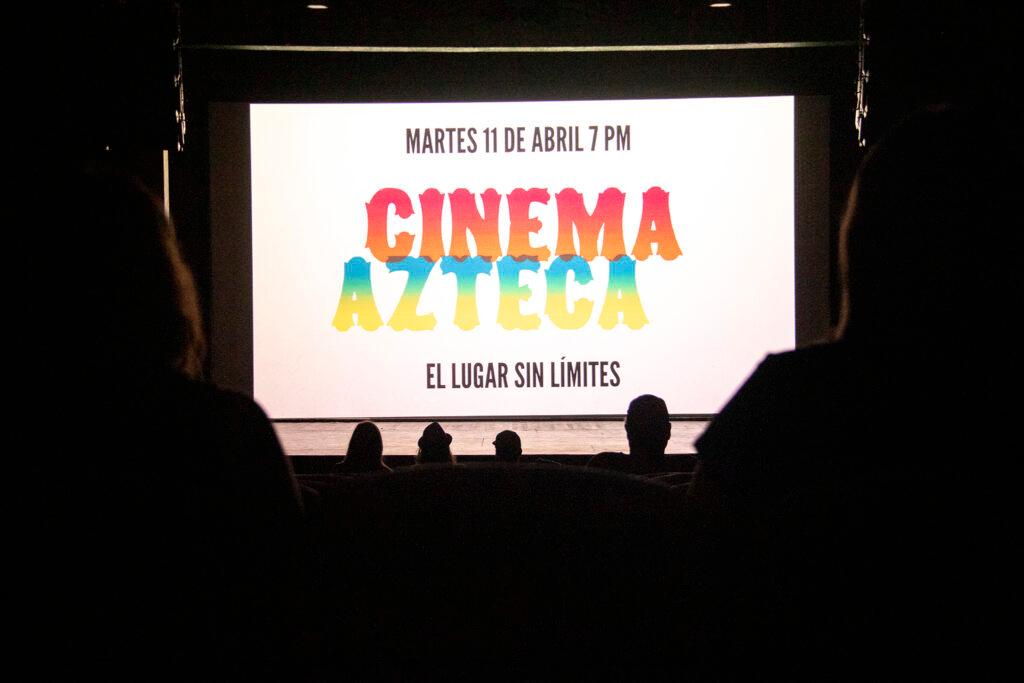
Carmen Victoria Beall’s parents owned the Holiday Theater on West 32nd Avenue on Denver’s Northside from 1954 to 1979. She even worked there as a kid.
“It was fun when I was real little,” she said. “There was always a cartoon before the main feature, so that was always fun.”
Beall says the theater was a hangout, no matter what movies — they were all in Spanish — were showing.
“We'd have the same crowd every Sunday. They'd show up at two and they wouldn't leave until about nine and many times they'd see the movie or not see the movie …. And it was the same group of kids that would go to these places every single weekend,” Beall said. “And then when I got older, I fell in love a couple of times at the theater.”
But there were hard times too. Beall’s family eventually sold the theater. It remained open, and Beall kept working there — until it finally closed in 1989.
“It was sad when we closed, but all of the Mexican movies were going straight to VHS,” Beall said. “So when we would [usually] have 2,000 people on a Sunday, it went down to maybe 200 people on a Sunday. So there was no choice.”
The Holiday Theater was a long-time community hub. It’s seen owners come and go, families move in and out, even a renaming of the neighborhood: What many Colorado natives remember as the Northside is now Denver’s Highland neighborhood. But, now this historic, 400-seat theater is defying the odds of urban redevelopment and gentrification.

The Holiday Theater is getting a new lease on life and keeping the spirit of a community hub. The Denver Cultural Property Trust bought the theater in 2021. It says one of its stated goals is to make sure each project continues the legacy of the space — its history, culture and unique character. For the Holiday, that means a special partnership.
The Museum of Contemporary Art, MCA Denver, has a seven-year lease on the building and is using the Holiday Theater for artist talks, film screenings, and performances.
Sarah Merrill, MCA’s deputy director, says the group has a particular vision for the building.
“The space itself offers a really unique kind of multi-leveled opportunity in that there's the theater, there's the performance space of which MCA is the programming partner, and then there's the secondary retail space as well as the residential units above that offer an even additional benefit to be able to convert those studio spaces into live workspaces,” Merrill said.
She added that the studio and living spaces are being offered first to artists and cultural workers in the city. The idea, she says, is to make the Holiday and arts center, not just a theater.
The new space also gives the MCA the space they’ve wanted to work with artists who offer much more than just gallery pieces.
“That can be music, that can be performance, it can be dance, it can be those kinds of things,” said Sarah Kate Baie, MCA’s director of programming. “But then there are also many artists whose work maybe is not the kind of work that we would showcase in the gallery that we can now include in the program of what we offer at the Museum of Contemporary Art, and we can bring them to Denver and showcase in them in this theater.”


One of those programs is Cinema Azteca, a Spanish-language film series held on Tuesday nights, that is a nod to the Holiday Theater’s beginnings. Baie says the series is how the theater pays tribute both to the theater's life as Denver's first Spanish-language moviehouse and builds on the rich traditions of Mexican and Latin American cinema.
The series launched on March 21 with Out of this World, a three month series of films selected by Eduardo Sarabia and Lorena Peña Brito.
It won’t stop there, Merrill says. MCA has a flexible approach to make the space available as a resource to those within the artist community, and within the neighboring community. That could mean renting the space at a very low cost, and potentially for free, depending on the nonprofit status.
“But we can kind of partition out the space. It's very, it's very flexible. So if there's a neighborhood meeting, an association meeting, or someone that would like to be able to access that side of the room, that's great,” Merrill said. “We can allow access to that side of the room without having to buy out the entire theater.”
For Beall, she is glad that the space is being preserved. She said she knows how much the space meant to the community in its prior life, and said she is glad The Holiday is being preserved as a theater.
“That was my whole, my whole life, my parent's life,” she said. “I love that this is happening.”









